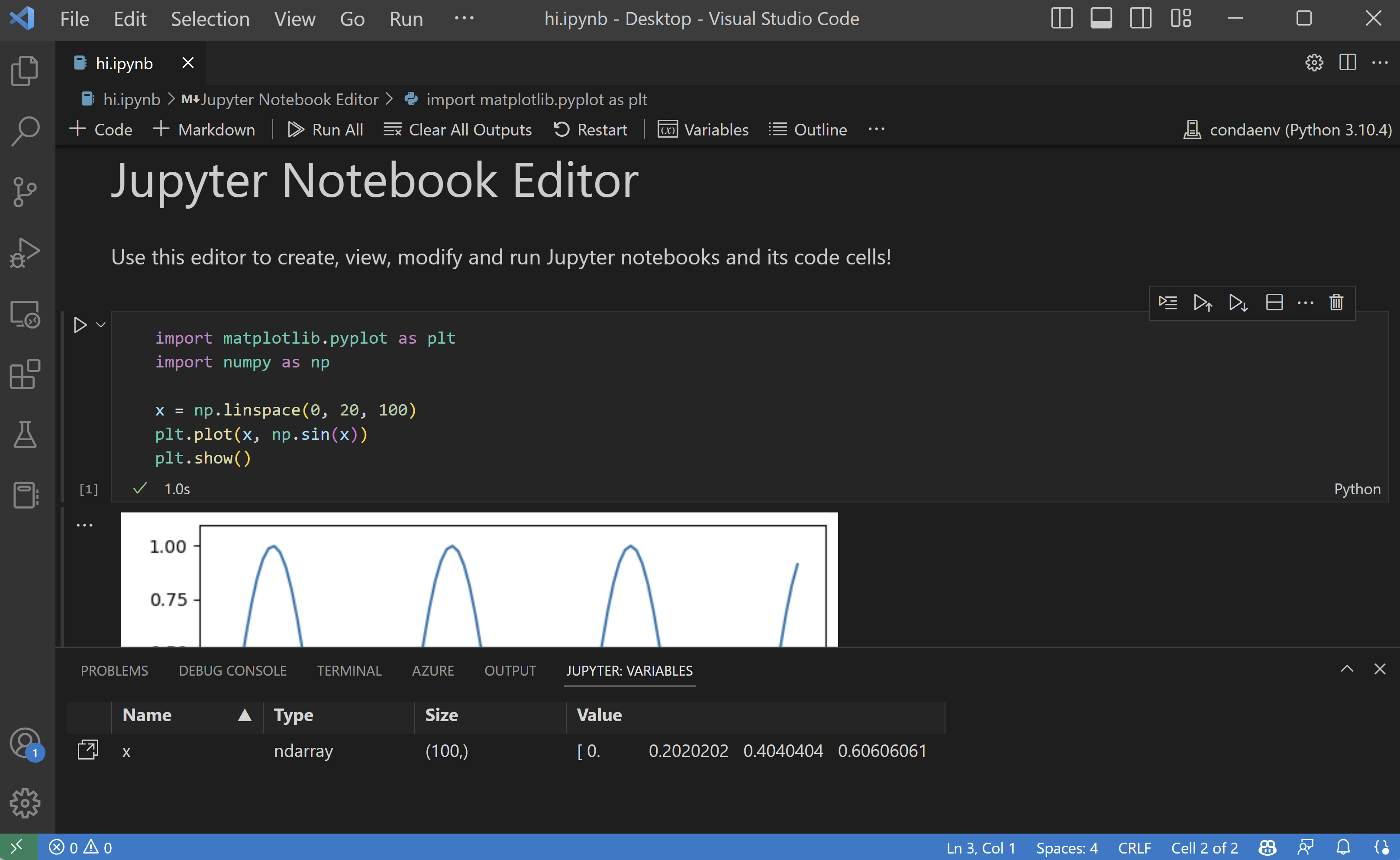
travis.yml that runs your tests through several Python versions: So let’s say you have a small Python package, with a simple setup.py file. travis.yml file in the root of your repository this file will tell Travis how this specific project should be built and tested.

To use Travis CI simply follow these three steps:
#How to install pip3 user pytest om mac free#
Feel free to skip ahead if you are familiar with the topic.

Let me briefly introduce you to basic Python testing with Travis.
#How to install pip3 user pytest om mac code#
Basic Python Testing with TravisĪ great way to test your code on several Python versions is to use the Travis CI service, which offers (among other features) cloud-based, continuous testing, free for open source (i.e. If you’re not interested in all that, you can just take a look at the final result in a GitHub gist I created for it. Which covers testing on different Python versions and operating systems thoroughly. The post below walks you through the stages and rational for the structure of the resulting. The method presented here, however, can be easily adapted to other flows. Just because it’s a nice simple flow to follow, and it’s the one that I use. You want to submit coverage stats to the free service codecov.io to have a nice dynamic test coverage badge on your repo.

(If a it’s private project, this guide also works, but please head over to instead)


 0 kommentar(er)
0 kommentar(er)
